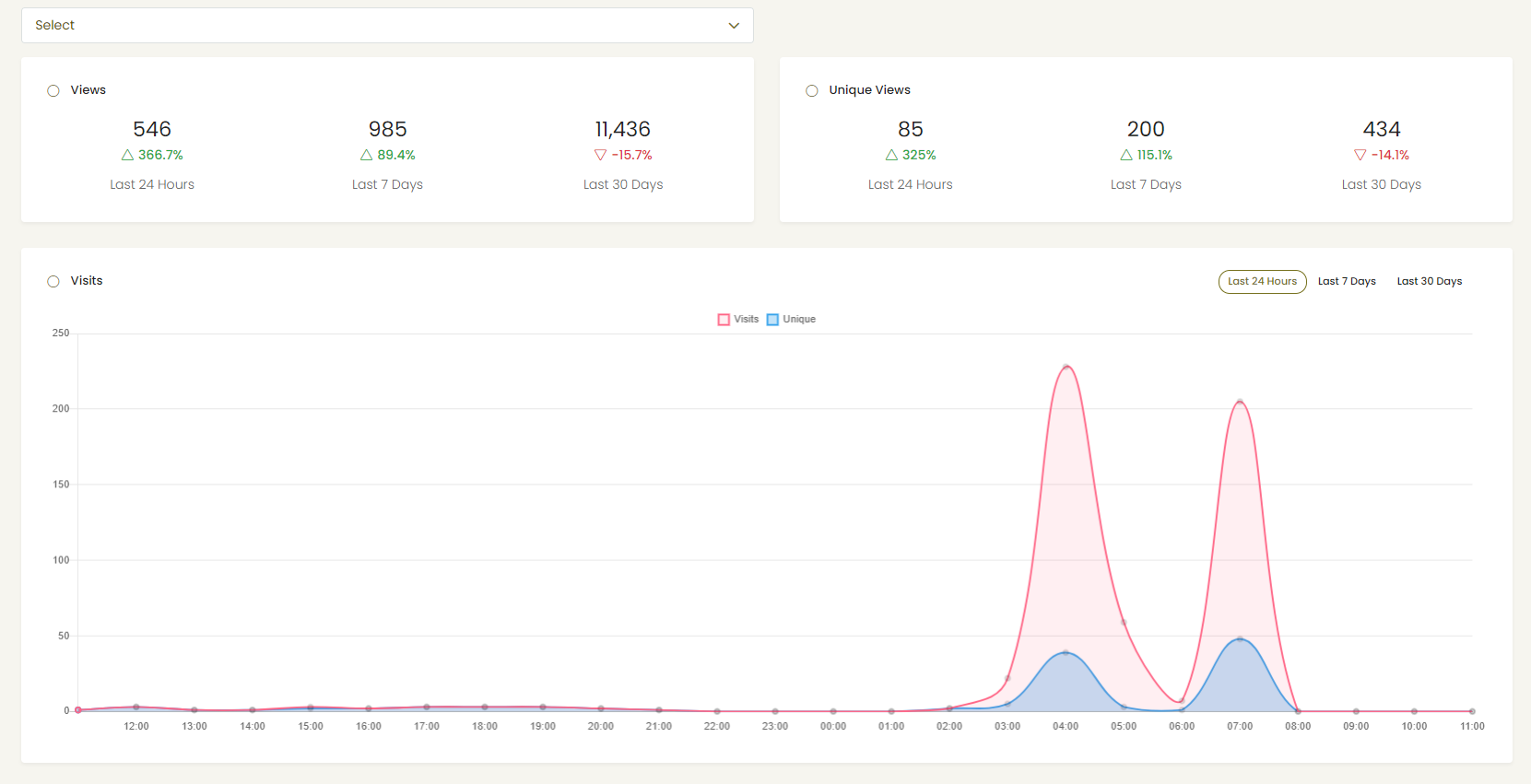Amidst a complex mortgage market, many organizations prioritize cost efficiency, quality service, and scalability. Outsourcing to specialized providers remains a key strategy to achieve these goals.
Specialized providers are playing a crucial role in helping meet their goals. By outsourcing non-core functions, these companies can focus on delivering high-quality service while reducing costs and scaling their operations.
Lets discuss about some of the core aspects that really helps,
Optimize Staffing means adjusting your workforce to achieve the best possible balance between the number of employees and the workload. This involves:
- Rightsizing: Ensuring you have the exact number of employees needed to meet your current and future business demands.
- Skill-based Matching: Assigning employees to roles that align with their skills and expertise, maximizing productivity.
- Flexible Work Arrangements: Implementing options like remote work, flexible hours, or job sharing to accommodate individual needs and improve work-life balance.
- Continuous Evaluation: Regularly assessing staffing levels and adjusting as necessary to maintain optimal efficiency.
- Leveraging Technology: Using HR software or tools to streamline processes, track employee performance, and identify areas for improvement.
By optimizing staffing, you can:
- Increase efficiency: Reduce overhead costs and improve productivity.
- Improve employee satisfaction: Create a more positive work environment by matching employees to suitable roles.
- Enhance customer service: Ensure that you have the right people in place to meet customer needs.
- Foster innovation: Encourage a culture of creativity and problem-solving.
Ultimately, optimized staffing is about creating a workforce that is both productive and engaged, leading to a more successful business.
Employing modern technology in a business context means leveraging the latest tools and software to improve efficiency, productivity, and overall operations. This often involves:
- Digital Transformation: Adopting digital tools and processes to streamline workflows and reduce manual tasks.
- Automation: Using software to automate repetitive or time-consuming tasks, freeing up employees to focus on more strategic work.
- Data Analytics: Collecting, analyzing, and using data to make informed business decisions and identify trends.
- Cloud Computing: Storing and accessing data and applications over the internet, rather than on local servers.
- Artificial Intelligence (AI): Using AI-powered systems to automate tasks, analyze data, and make predictions.
- Internet of Things (IoT): Connecting devices and systems to the internet to collect and analyze data.
Benefits of employing modern technology include:
- Increased efficiency: Automation and digital transformation can streamline processes and reduce the time it takes to complete tasks.
- Improved decision-making: Data analytics can provide valuable insights that can help businesses make better decisions.
- Enhanced customer experience: Technology can be used to improve customer service and create personalized experiences.
- Cost savings: By automating tasks and reducing manual labor, businesses can save money.
- Competitive advantage: Companies that are able to leverage modern technology effectively can gain a competitive advantage over their rivals.
Examples of modern technology in business:
- Customer relationship management (CRM) software: Used to track customer interactions and improve sales.
- Enterprise resource planning (ERP) systems: Used to manage a company’s finances, inventory, and human resources.
- E-commerce platforms: Used to sell products and services online.
- Social media marketing tools: Used to promote a company’s brand and reach customers.
- Cybersecurity software: Used to protect a company’s data and systems from cyber threats.
By employing modern technology, businesses can stay competitive, improve their operations, and achieve their goals.
Leveraging data analytics with the right outsourcing partner involves partnering with a specialized company to help you extract valuable insights from your data. This can be particularly beneficial for businesses that lack the in-house expertise or resources to effectively analyze their data.
Here’s a breakdown of the key benefits:
- Specialized Expertise: Outsourcing partners often have teams of data scientists and analysts who are skilled at using advanced techniques to extract meaningful information from complex datasets.
- Scalability: Outsourcing partners can quickly scale their resources to meet your specific needs, whether you have a one-time project or ongoing data analysis requirements.
- Cost Efficiency: Outsourcing can be more cost-effective than building and maintaining an in-house data analytics team, especially for smaller businesses.
- Focus on Core Competencies: By outsourcing data analytics, you can focus on your core business activities and leave the data analysis to the experts.
- Access to Cutting-Edge Technology: Outsourcing partners often have access to the latest data analytics tools and technologies, which can help you gain a competitive edge.
By partnering with the right outsourcing provider, you can unlock the full potential of your data and gain valuable insights that can drive your business forward.









